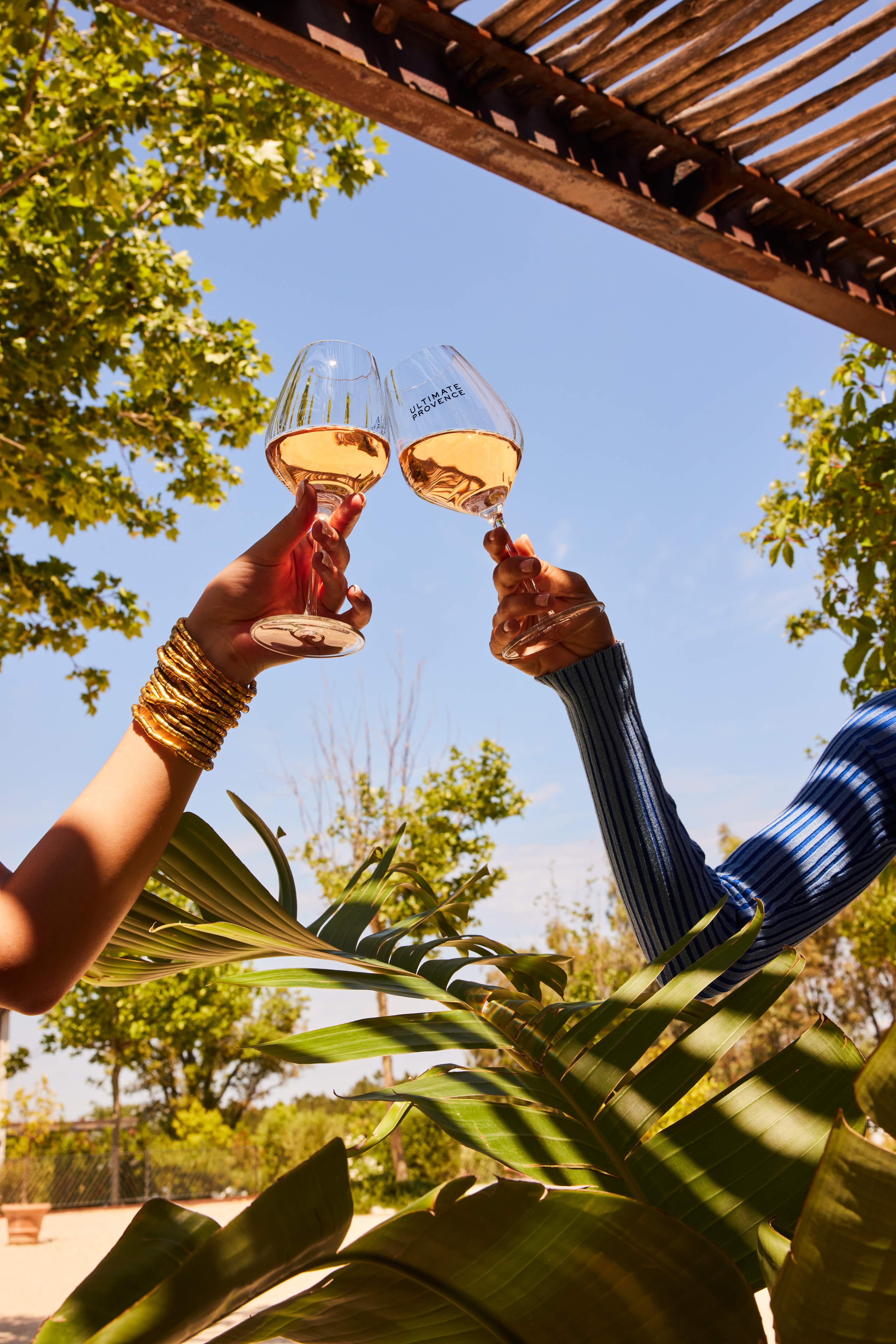An exceptional rosé vintage stands out from other wines from the same estate through its quality and unique characteristics. Such a wine then suggests meticulous work on the part of the winegrowers, who practice the art of creating exceptional vintages brilliantly. At the Château de Berne, the oenologist demonstrates great expertise, attested by the exceptional quality of the estate's rosé wine vintages .
What is a vintage of wine?
A wine vintage is distinguished from the wine production of a vineyard by its unique characteristics and its originality. This thus designates a batch of wine bottles marked by a typical organoleptic profile which is specific to it, and which depends on numerous criteria.
But the term “cuvée” is also sometimes used in other contexts. It can then designate a batch of wine coming from a particular vineyard, terroir or plot, or refer to a special production of a superior quality wine . In the Champagne region, a cuvée also refers to the first juice that the winemaker obtains after pressing the grapes.
More broadly, a cuvée can also refer to a blended wine, for which the winemaker blends two grape varieties to obtain a particular taste profile and a special wine cuvée .
Generally speaking, the term "cuvée" is rather versatile, but it always marks a batch of superior wines.
Production of exceptional rosé wines: a meticulous selection of vineyard plots
To obtain exceptional rosé wines , the winegrowers and oenologists of the Berne estate draw from nature all that is best. Château de Berne benefits, in fact, from a unique terroir, which makes it possible to obtain high quality black and white grapes.
Everything then begins with the choice of plots for grape varieties. The objective is to find the ideal place for the vines to flourish intensely: sunshine, exposure to wind, humidity... The winegrower scrupulously analyzes the soil and climate, to offer the vines the best conditions for development.
At the Berne estate, the vineyard benefits from lots of sunshine, with cool nights and mild winters. The thermal amplitude then allows a slow maturation of the grape berries , ensuring the production of fresh wines, with beautiful aromatic freshness.
Harvesting grapes at the optimal time
After letting the white and red grapes blossom gently in the sun all summer, the time comes for the harvest. Here again, for the vinification of exceptional rosé wines , you must be able to harvest the whole bunches at the best time. The objective is to wait until the fruits are fully ripe , so that they are sufficiently full of sunshine and sweet.
Then, the collection must be carried out delicately. At Château de Berne, the winegrowers choose to harvest the grapes before daybreak, in order to pick very fresh bunches, and thus avoid damaging the fruit or starting an alcoholic fermentation much too early.
For the grape harvest, 2 picking techniques are possible:
- Manual harvest : the bunches of grapes are picked by hand, in order to carry out immediate sorting and keep only the best fruits, while ensuring that their quality is preserved;
- Mechanical harvesting : the grape berries are collected using a harvesting machine, which straddles the vines and shakes them to make the fruit fall. The fruit is sorted later in the cellar.
Producers of exceptional rosé wine generally avoid harvesting machines, because they brutalize the vines and do not allow rigorous sorting of the best grapes.
From grapes to quality rosé: 3 winemaking methods
To transform the grapes into a rosé wine with a pretty pink color, the winemaker can use 3 manufacturing techniques.
- Saignée rosé : the grape juice is placed in vats with the must, with the aim of producing red wines. Before the end of the alcoholic fermentation, part of the juice is taken and vinified separately, to produce rosé wines;
- Direct pressing rosé : the red grapes are immediately pressed after harvest. The juice becomes slightly colored on contact with the skins of the grapes, before being placed in vats for alcoholic fermentation and skin maceration;
- Maceration rosé : the grape juice and the solids of the black grape varieties are placed in vats, as if to produce red wine. However, the duration of skin maceration is much shorter, allowing clear wines to be obtained.
Château de Berne: a heritage and inimitable know-how
At the Berne estate, oenologist Alexis Cornu has a real scientific role within the vineyard. To produce exceptional vintages of rosé wine from Provence , he studies each stage of the winemaking process, from the choice of grape variety to bottling, including blending.
A true wine conductor, the oenologist thus perpetuates an inimitable know-how and heritage, and allows the Château de Berne to produce great vintages of rosé each year, such as the Grande Cuvée , or the Grande Récolte.
At Château de Berne, the art of creating exceptional rosé vintages lies in mastering the composition of the musts. With a careful flow of grapes, each berry is pampered to preserve its color and aromatic potential. The rosés are produced with precision, mixing red and white grape varieties to obtain the desired light color and fruit aromas. Examples of fruity rosés, from the AOC vineyard, offer subtle nuances and red fruits, balancing the aromatic style with elegance.
Whether it is a press rosé or a blended rosé, each wine is designed with the same attention to detail to offer a sought-after style, a true signature of Château de Berne in the world of white and rosé wines.
Rosé wine is not just a simple mixture of red wine and white wine, and to produce exceptional rosé wine vintages, winegrowers must demonstrate advanced expertise. This is the case of the oenologist from Château de Berne, who transmits all his love for wine and the vine in his best vintages of rosé wines from Provence .









